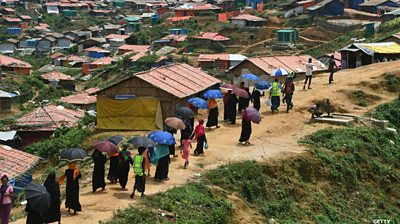More than 800,000 Rohingya people live in camps in Cox’s Bazar, Bangladesh – one of the most concentrated humanitarian emergencies in decades. And the COVID-19 pandemic has created new challenges in providing the Rohingya people and host communities with accurate, actionable information.
The 'Common Service' consortium, made up of ����ý Media Action, Translators without Borders and Ground Truth Solutions, provides a range of tools and services for Rohingya people, local community leaders and humanitarian responders. The Common Service collective feedback service gathers community concerns and brings them to the attention of responding agencies through its fortnightly newsletter . All materials - including many in Rohingya language - can be found on the website.
A recent evaluation of the Common Service presents findings from surveys in the Rohingya refugee camps and surrounding areas, and explores the role of the project in helping agencies support Rohingya and host communities during the COVID-19 pandemic.
Learn more about our work in the camps through the insights below. Further details about the project can be found here.
Stories and insight from Cox's Bazar
-
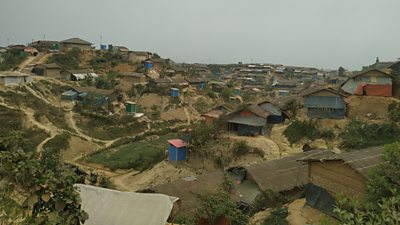
Out from the shadows: Tackling the stigma of disability in refugee communities
Our research officer Fariha Rahman shares insights on the barriers faced by people living with disabilities and the steps needed to make the humanitarian response fully inclusive. -
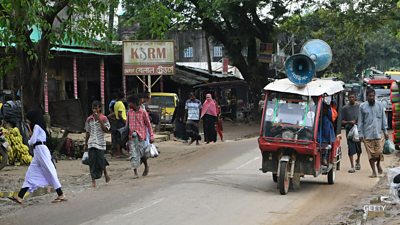
Supporting communities affected by crisis: what we have learned
Communication is a critical part of humanitarian response. Research manager Nicola Bailey describes how we support communities affected by crisis, how our work has evolved, and reflects on what we've learned. -
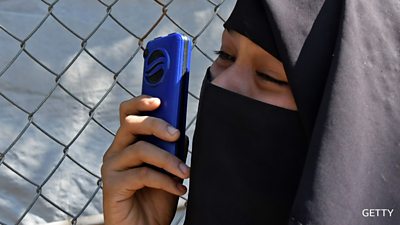
The case for communication: COVID-19 in Cox’s Bazar
Our Bangladesh Head of Research Arif Al Mamun reflects on what we have learned through our work on the Common Service project - supporting Rohingya and nearby Bangladeshi communities throughout the pandemic. -
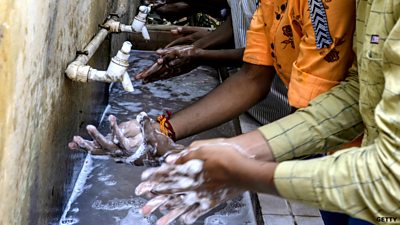
The COVID-19 ‘info-demic’: A view from Bangladesh
Rumours, mis- and dis-information about COVID-19 are spreading rapidly around the world and can be almost as harmful as the virus itself. Hear from our Senior Project Manager in Bangladesh, Kate Gunn, about the latest developments from our global communications initiative tackling the COVID-19 ‘info-demic’.
Our insights
-
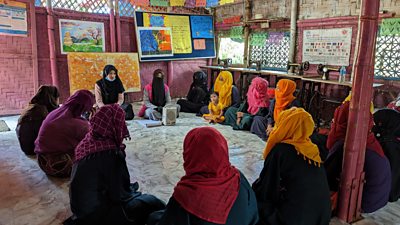
Using radio drama to tackle mental health in the Rohingya camps
2024
This briefing summarises the findings from our evaluation of the drama series Aa’rar Kissa and provides recommendations for future programming on mental health. -
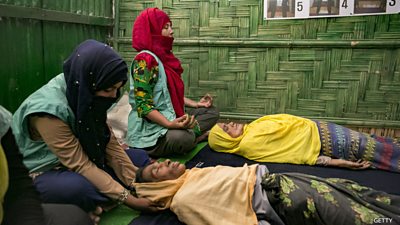
Understanding mental health in the Rohingya community
2021-2023
Research conducted by ����ý Media Action Bangladesh explored people’s perception of mental health, related social stigma, service-seeking behaviour and motivation and barriers to accessing mental health services within both host and Rohingya communities. Findings informed our audio drama Aa’rar Kissa (Our Story) and a follow up study sought to understand its impact on the knowledge and attitudes of the Rohingya community to issues around mental health. -
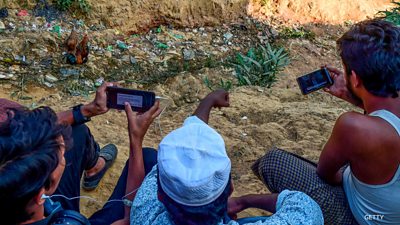 April 2021
April 2021
This study, produced by ����ý Media Action Bangladesh, takes a closer look at how information is shared in Rohingya and host communities in Bangladesh. -
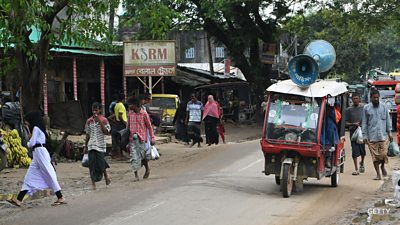 February 2021
February 2021
This formative study, produced by ����ý Media Action Bangladesh, looked at the status of social cohesion between the host and Rohingya community people. We believe the report contains useful information for practitioners who want a better understanding of the dynamics between the communities and can assist programming on social cohesion. -
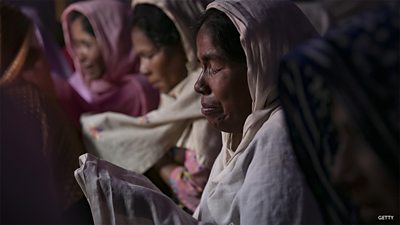
Violence against women within the Rohingya refugee community
November 2018
This small-scale qualitative study sought to understand more about Rohingya men and womens’ understanding and attitudes towards child marriage, intimate partner violence, sexual exploitation and abuse. These insights informed the development of a radio drama for Rohingya refugees in Cox’s Bazar.
Infographics from our research
-
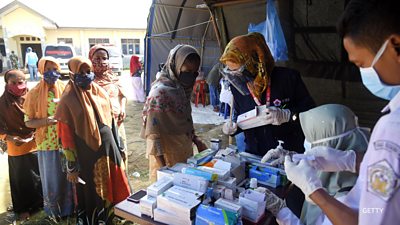 This infographic (produced by ����ý Media Action Bangladesh) looks at Rohingya communities knowledge about COVID-19, including risk factors and preventative measures, plus key sources of information for people in the camps and their information needs.
This infographic (produced by ����ý Media Action Bangladesh) looks at Rohingya communities knowledge about COVID-19, including risk factors and preventative measures, plus key sources of information for people in the camps and their information needs. -
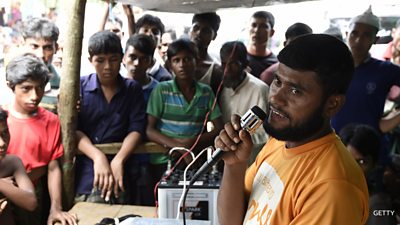 This infographic (produced by ����ý Media Action Bangladesh) looks at host communities knowledge about COVID-19, including risk factors and preventative measures, plus key sources of information for people and their information needs.
This infographic (produced by ����ý Media Action Bangladesh) looks at host communities knowledge about COVID-19, including risk factors and preventative measures, plus key sources of information for people and their information needs.
Our impact
-

What role has the 'common service' played in helping effective communication during the COVID-19 pandemic?
June 2021
As common service resources and attention have been diverted to focus on COVID-19, a key focus of the evaluation this year was to understand how the project has been able to support agencies and communities through the pandemic. -

What role does having a dedicated ‘common service’ make to community engagement and accountability?
February 2021
This report uses five case studies to explore the impact the Common Service project is having on humanitarian organisations' work with Rohingya communities in Bangladesh. -
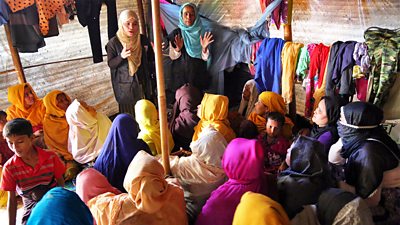
How effective is communication in the Rohingya refugee response?
September 2018
This paper evaluates our project supporting humanitarian and media agencies and how they communicate and engage with Rohingya people living in camps in Cox's Bazar in Bangladesh.
The Shongjog platform
-
The Shongjog multi-stakeholder platform hosts community feedback, research insights and tools and resources for communication with the Rohingya people in the Cox's Bazar camps.
